11 GPTs for Islamic Learning Powered by AI for Free of 2026
AI GPTs for Islamic Learning refer to advanced artificial intelligence tools designed to cater specifically to the educational and informational needs within the Islamic domain. These Generative Pre-trained Transformers are tailored to understand, interpret, and generate responses based on Islamic teachings, history, culture, and languages. By leveraging machine learning algorithms, these GPTs offer customized solutions, making Islamic learning more accessible, engaging, and comprehensive. They serve as a bridge between traditional Islamic knowledge and modern technology, enabling users to explore Islamic content through a new lens.
Top 10 GPTs for Islamic Learning are: Islam Quran and Hadith Assistant (Early-Access),SheikhGPT,SheikhGPT,Muslim AI: Ask Anything About Islam GPT,Islam - Learn Quran Tafsir Assistant,AlimGPT,GusGPT,AI Islamic Scholar,Islamic Guide | Sudan Zola,Teens Tawhid
Islam Quran and Hadith Assistant (Early-Access)
Discover Islam Through AI
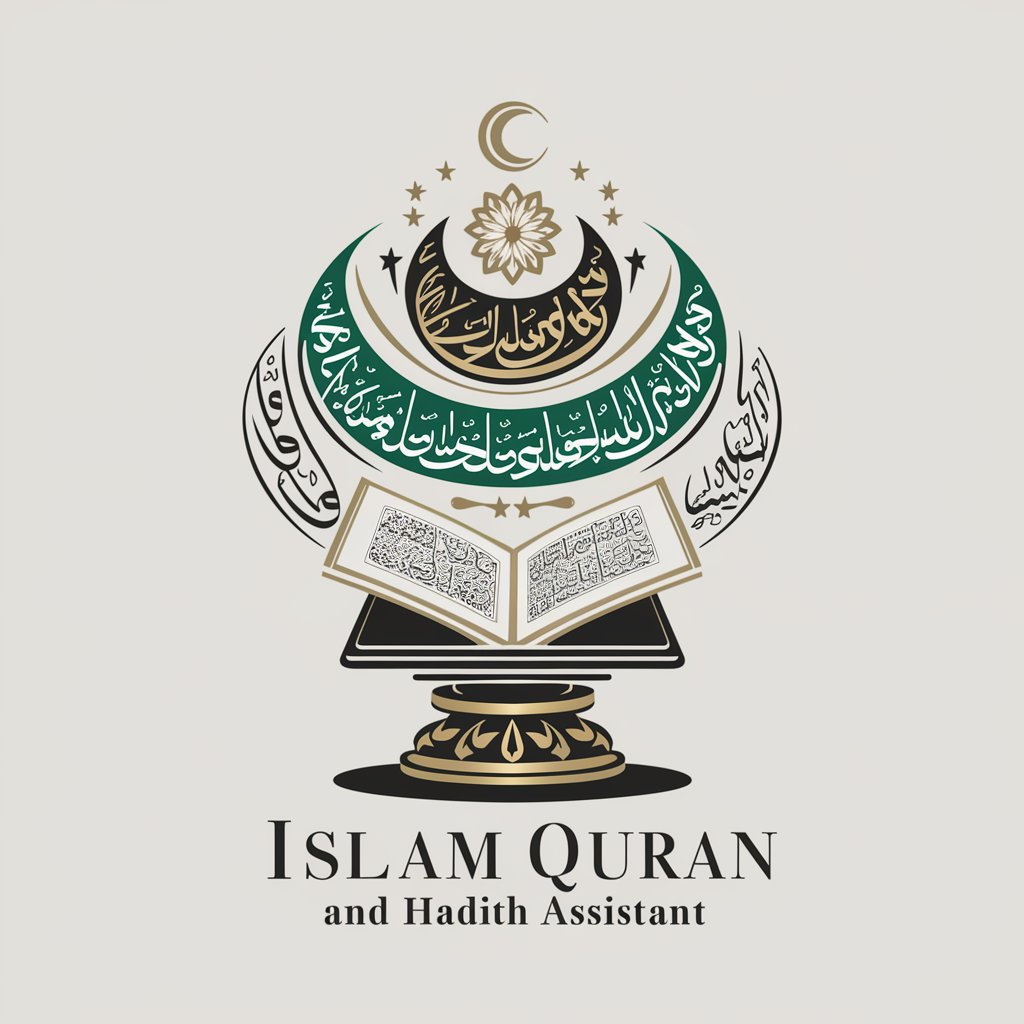
SheikhGPT
AI-powered Islamic insights
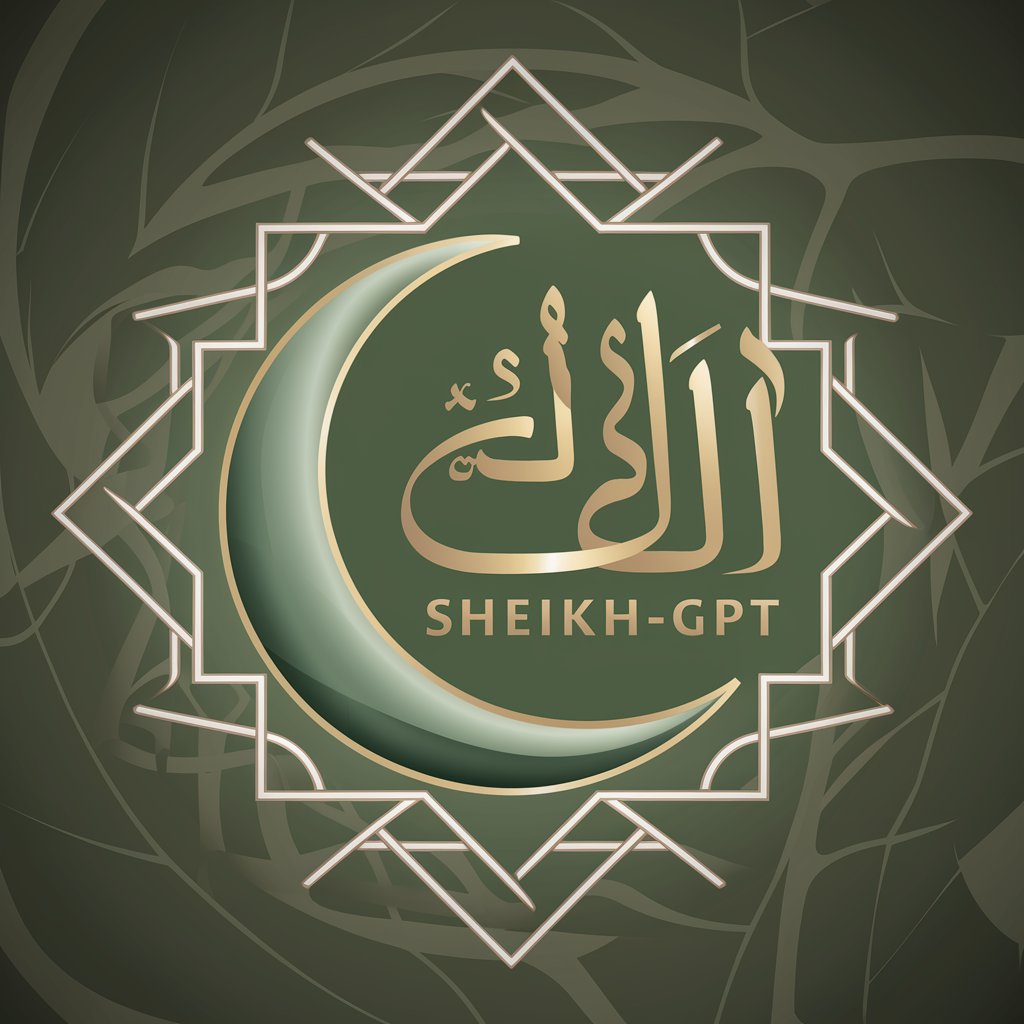
SheikhGPT
Bridging Faiths with AI
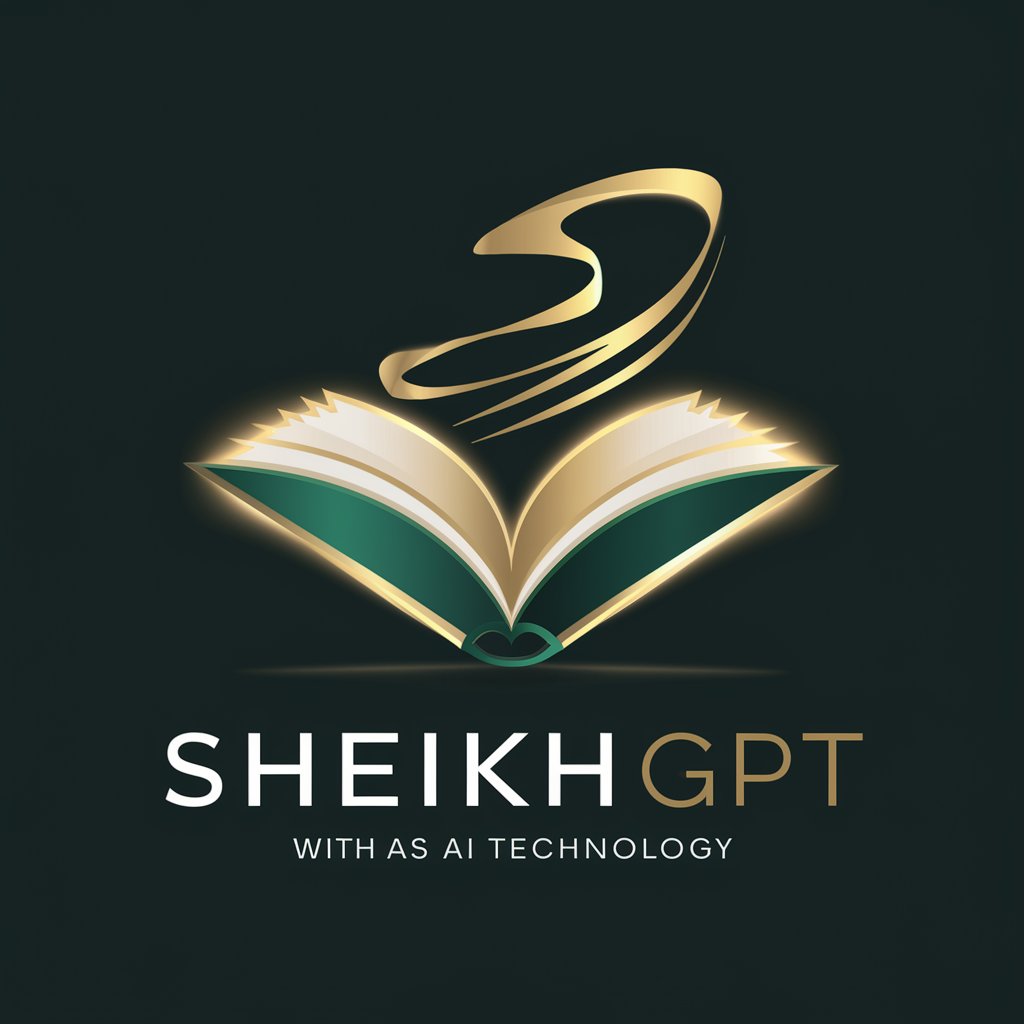
Muslim AI: Ask Anything About Islam GPT
Discover Quranic Wisdom Instantly
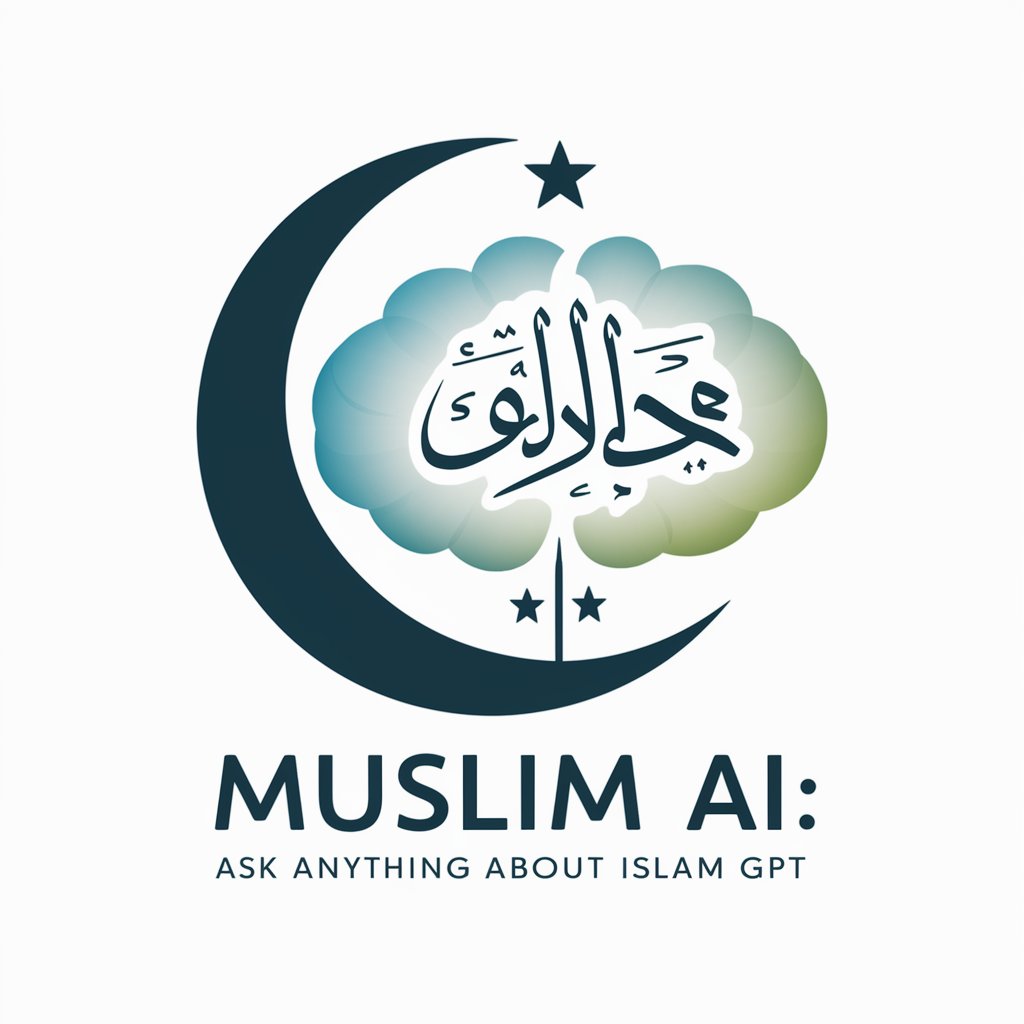
Islam - Learn Quran Tafsir Assistant
Unveil the wisdom of the Quran with AI
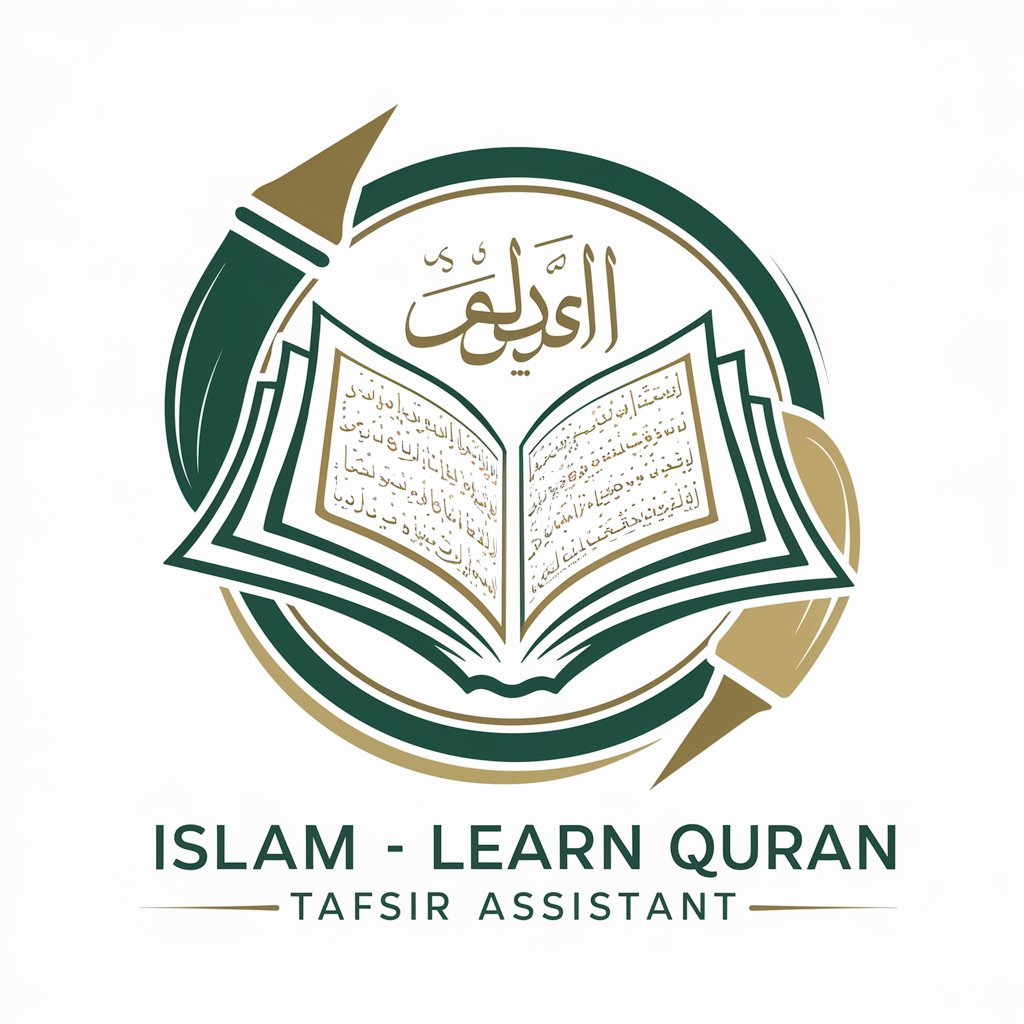
AlimGPT
Empowering Islamic Education with AI

GusGPT
Empowering Islamic Knowledge with AI
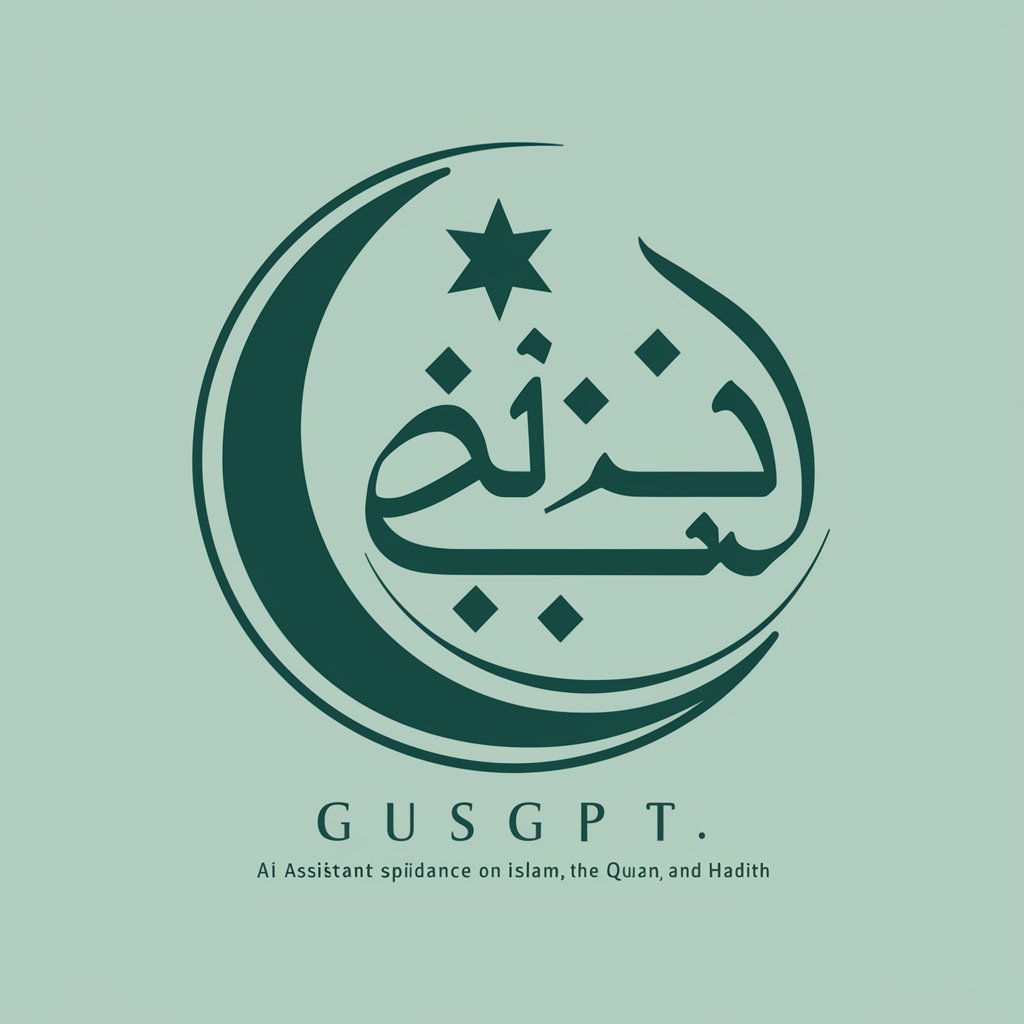
AI Islamic Scholar
Explore Islamic teachings with AI

Islamic Guide | Sudan Zola
Empowering Islamic Knowledge through AI
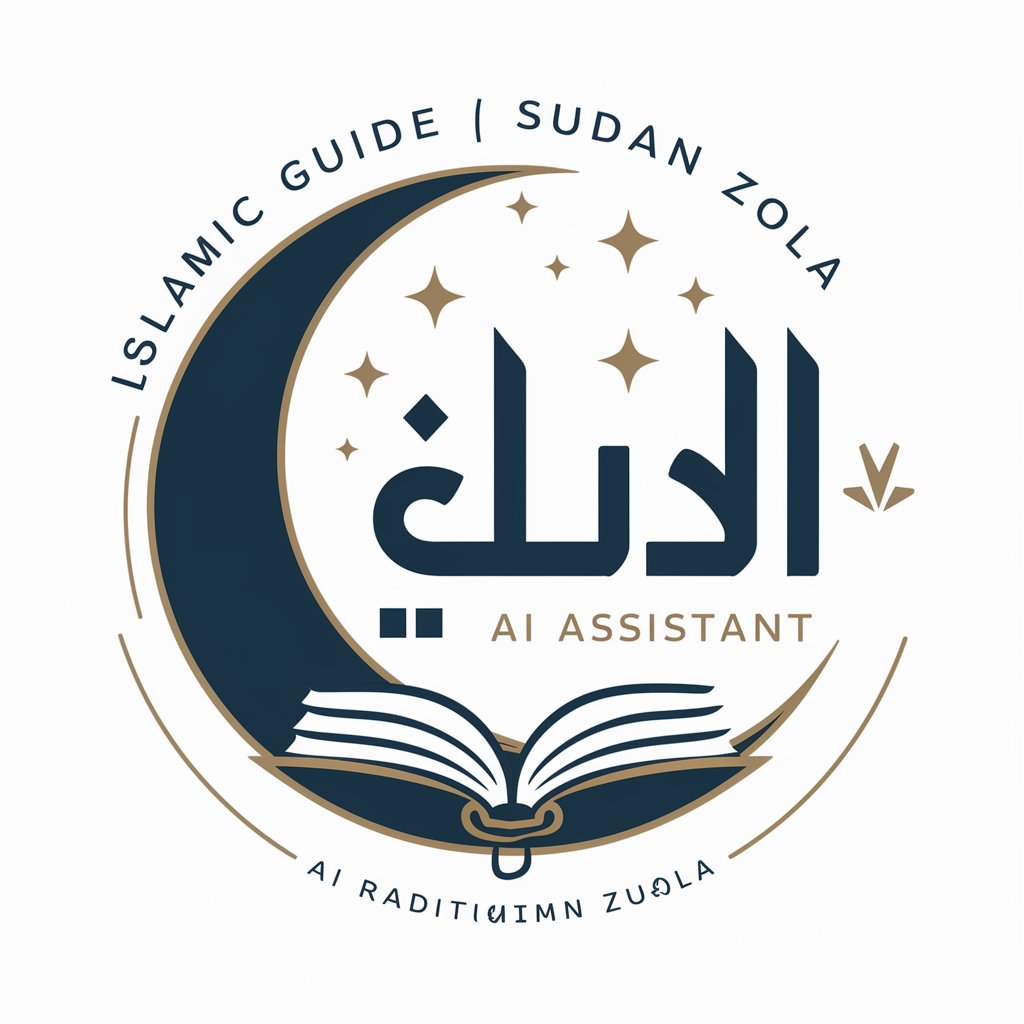
Teens Tawhid
Empowering young Muslims with AI
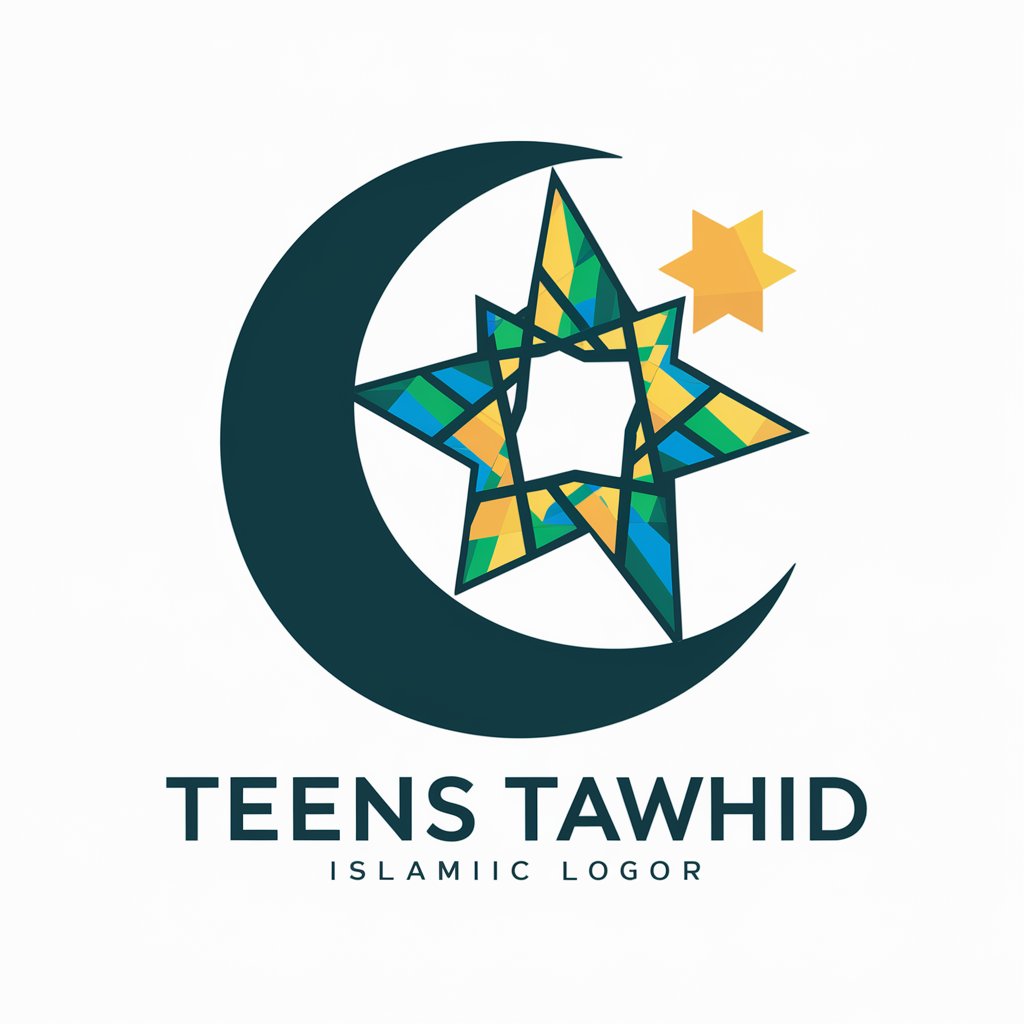
QuranGPT
Guiding Light from the Quran, Powered by AI
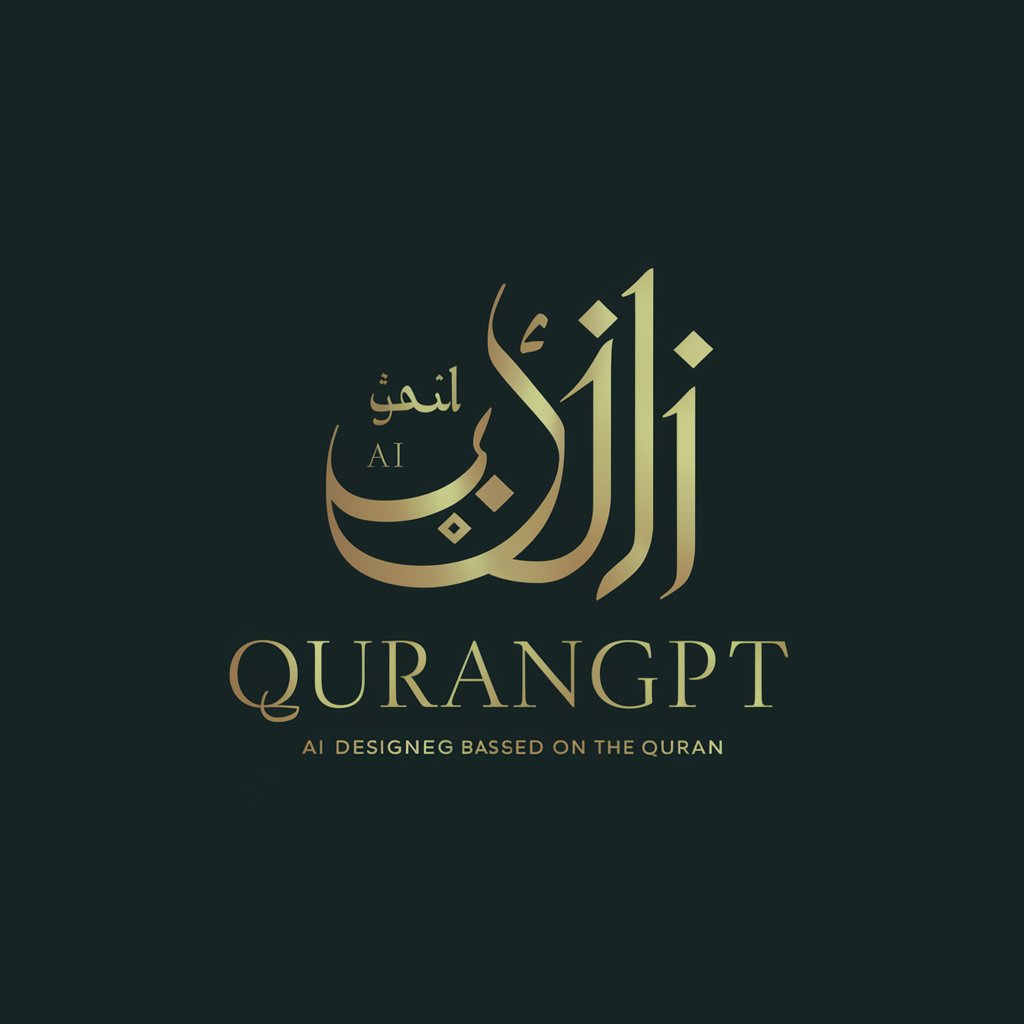
Key Attributes and Functions
AI GPTs for Islamic Learning are distinguished by their adaptability to both basic and complex queries related to Islam. Key features include language learning capabilities, enabling users to study Arabic, the language of the Quran. They offer technical support for understanding religious texts, web searching for Islamic content, image creation related to Islamic art and history, and data analysis for research purposes. These tools are designed to provide a holistic learning experience, incorporating interactive elements like quizzes and educational games to facilitate deeper understanding.
Intended Users of Islamic Learning AIs
These AI tools are crafted for a broad audience, including novices seeking to learn about Islam, developers interested in creating Islamic learning applications, and professionals in Islamic studies. They are accessible to individuals without programming skills through user-friendly interfaces, while also offering advanced customization options for tech-savvy users. This makes AI GPTs for Islamic Learning versatile tools that can be integrated into various educational and research-oriented workflows.
Try Our other AI GPTs tools for Free
Religious Queries
Discover how AI GPTs for Religious Queries transform the exploration of faith, offering tailored insights into religious texts and practices through advanced AI technology.
Symptom Checker
Explore AI GPTs for Symptom Checker, your AI-powered guide for instant health insights. Get tailored advice on symptoms with our advanced AI technology.
Work Habits
Discover how AI GPTs for Work Habits can transform your productivity and efficiency with tailored solutions designed to optimize professional practices and decision-making.
Pregnancy Planning
Discover how AI GPTs for Pregnancy Planning can assist you with personalized guidance and insights for your journey towards conception. Explore tools designed for everyone from hopeful parents to healthcare professionals.
Childbirth Education
Discover how AI GPTs revolutionize Childbirth Education, offering tailored, interactive learning experiences for expecting parents, healthcare professionals, and educators.
Agent Selection
Discover how AI GPTs for Agent Selection revolutionize the process of matching agents to tasks with advanced AI, enhancing efficiency and outcomes in customer service, sales, and more.
Further Observations on AI Adaptations
AI GPTs for Islamic Learning not only facilitate access to traditional Islamic knowledge but also embody the fusion of this rich heritage with cutting-edge technology. They represent a significant step towards making Islamic learning more interactive and accessible worldwide. With user-friendly interfaces, these tools are paving the way for a new era of digital Islamic education, enabling users to engage with Islamic teachings in a more meaningful and personalized manner.
Frequently Asked Questions
What exactly are AI GPTs for Islamic Learning?
AI GPTs for Islamic Learning are artificial intelligence programs designed to facilitate the exploration and understanding of Islamic teachings, languages, and cultures. They use machine learning to provide accurate and relevant information, guidance, and educational content.
Can these tools help me learn Arabic?
Yes, one of the core capabilities of these AI tools is to assist users in learning Arabic, especially focusing on Quranic Arabic, through interactive lessons and personalized feedback.
Are these AI tools suitable for academic research in Islamic studies?
Absolutely. They offer data analysis features and access to a wide range of Islamic texts, making them valuable for scholars conducting research in Islamic studies.
Do I need programming knowledge to use these AI GPTs?
No, these tools are designed to be accessible to users without any coding skills, offering a straightforward interface for exploring Islamic content.
How can developers customize these AI tools for specific applications?
Developers can utilize the tools' APIs to create customized applications or integrate the AI into existing platforms, tailoring the functionality to meet specific needs or target audiences.
Can these AI tools generate Islamic art?
Yes, with image creation capabilities, these tools can generate visuals inspired by Islamic art and architecture, respecting the aesthetic and cultural significance of Islamic artistic traditions.
Is it possible to integrate these AI tools into existing educational platforms?
Definitely. These AI GPTs are designed with integration capabilities, allowing them to be incorporated into existing educational systems or platforms to enhance Islamic learning resources.
What makes these AI tools different from general AI language models?
These AI tools are specifically tuned to the nuances of Islamic teachings, languages, and culture, offering more relevant and contextually accurate responses than general AI models.